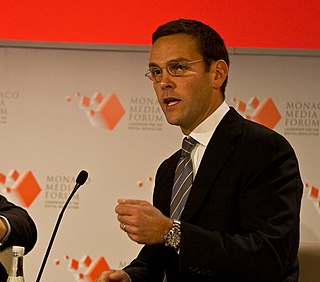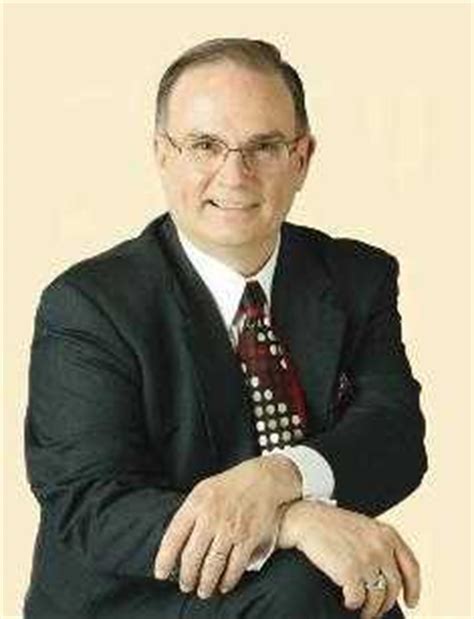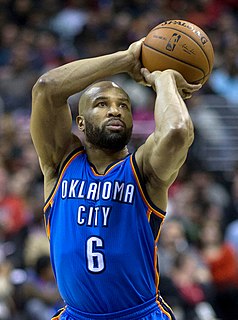A Quote by Neil deGrasse Tyson
The center line of science literacy - which not many people tell you, but I feel this strongly, and I will go to my grave making this point - is how you think.
Related Quotes
I would teach how science works as much as I would teach what science knows. I would assert (given that essentially, everyone will learn to read) that science literacy is the most important kind of literacy they can take into the 21st century. I would undervalue grades based on knowing things and find ways to reward curiosity. In the end, it's the people who are curious who change the world.
I think Donald Trump is a pragmatic sort of populist and who tell people anything in any moment that he wants them to hear, if he thinks that it`s going to be to his advantage, that everything is going to reset in the general election, assuming that he is the nominee, and I think it will be interesting to watch how many people feel betrayed or conned with the game he played with the Republican Party at this point.
I think the important point which I've been trying to get across is that Islam, from the very beginning, is strongly, clearly opposed to autocratic dictatorial government. The idea which we so often hear expressed in the Western world, that's how they are, that's how they will always be and they can't do anything else.
Most people are excited about themselves. Personal genome will deliver for inexpensively something about science to which you can relate. Just like computers are becoming something to which you can relate. It should be even easier to relate to your own biology, and I hope that will be one of the ways we get broader literacy in science.
In short, there are mysteries of science and of soul that will never be understood no matter how hard we measure, no matter how strongly we believe, no matter how deep our think tanks and how high our aspirations. But as anyone will tell you—for we all know this within our hearts—the impossible happens and grand cosmic mysteries are solved on a regular basis, although most of the time the solutions lead to even greater mysteries.
It doesn’t matter how many years go by, how much therapy I embark on, how much I try to achieve that elusive thing known as perspective, which is supposed to put all past wrongs into their rightful and diminished place, that happy place where all the talk is of lessons learned and inner peace. No one will ever understand the potency of my memories, which are so solid and vivid that I don’t need a psychiatrist to tell me they are driving me crazy. My subconscious has not buried them, my superego has not restrained them. They are front and center, they are going on right now.
I think what gets a poem going is an initiating line. Sometimes a first line will occur, and it goes nowhere; but other times - and this, I think, is a sense you develop - I can tell that the line wants to continue. If it does, I can feel a sense of momentum - the poem finds a reason for continuing.
We are living in a society that is totally dependent on science and high technology, and yet most of us are effectively alienated and excluded from its workings, from the values of science, the methods of science, and the language of science. A good place to start would be for as many of us as possible to begin to understand the decision-making and the basis for those decisions, and to act independently and not be manipulated into thinking one thing or another, but to learn how to think. That's what science does.




































